 Don’t let a leaky water heater catch you off guard- follow these great troubleshooting tips from the plumbing pros to quickly and effectively locate any potential issues!
Don’t let a leaky water heater catch you off guard- follow these great troubleshooting tips from the plumbing pros to quickly and effectively locate any potential issues!
Dealing With Water Heater Leaks
Remain calm
Even plumbing catastrophes can have a silver lining – by staying calm and taking initiative, you may be able to divert potential water damage. Take this opportunity as an empowering chance to keep the situation in your control until help arrives. With just some simple steps, temporary plumbing repairs can buy time for professionals to fix the issue permanently.
Find the common leak sources
Have you been noticing a puddle building up around the base of your water heater? If so, it could be an indication that there’s a leak and you may have to call a plumber to fix it. However, before assuming this is the cause and taking further steps to repair the damage, double-check whether or not it’s normal condensation instead. Once confirmed as being due to leaking pipes however, ensure you shut off both your main water supply and also switch off the heater itself prior to draining out any remaining tank contents in order to make repairs – either on your own or with professional help depending on severity & complexity of issue! Typical causes for pipe leakage include faulty valves and technical misalignments amongst others.
Water heater connections are prone to leaks. To check for a leak in your cold-water inlet valve, take note of any dripping water and use a paper towel to wipe the area – if it comes back wet then you’ve unfortunately got an issue on your hands! Your temperature/pressure relief valve acts as a safety feature that opens when the pressure gets too high inside the tank, releasing hot water until levels return to normal. However this system can malfunction, so make sure to watch out for incomplete closure after activation.
Corroded pipe fittings are a common sign of aging water heaters, and can indicate corrosion within the tank itself. Make sure to regularly check your connection points for signs of deterioration – if needed, don’t hesitate to replace your heater!
Turn off the water
Are you dealing with a water heater leak and need to turn off the supply of water? As small leaks can add up quickly, it is important that they are addressed as soon as possible. To stop an impending disaster from occurring, be sure to locate your cold water shut-off valve above your heater or pull down handles if present in your system. If such access proves difficult, however, don’t worry! You may also opt for the main shut-off valve in locations near the hot water heater, garage, or crawlspace – wherever sound home design has placed it specifically for moments like these!
Your home’s main shutoff valve is an important component of your plumbing system, and it may be located either indoors or outdoors. If found outside the house near a street or sidewalk, look for a metal cover to access and twist clockwise with either an adjustable wrench or specific tools such as a meter key—any tightness in old valves should also be regularly tested. Knowing its location can help you easily resolve water issues quickly by cutting off the flow from where they originate. To find yours use your property inspection report, contact the city/home builder; discover peace of mind knowing that no matter what -you’re prepared if needed!
Switch off the heater
With the water shut off, you’re now ready to turn off your heater. Whether powered by gas or electricity, it’s easy to switch things over – just set the thermostat in “pilot” mode if there is a gas connection and locate your breaker box for electric heaters. Remember that hot water can still be present after turning these elements completely off; we suggest waiting at least one night before attempting any further draining procedures for safety purposes!
Drain the water tank
To ensure your water heater is fully emptied and ready for repairs, turn off any hot water taps upstairs and locate the drain valve near its base. Attach a garden hose to that valve before running it somewhere safe like into a floor drain or out towards your driveway. Then open the tank’s drain until all of the contents inside have been safely expelled–a process which typically takes only 10 minutes! After this step has been completed, disconnect both valves as well as close up those opened hot water taps from earlier.
Call a plumber
Leaks don’t have to spell disaster. For certain problems, you may be able to fix them yourself by tightening the nut that connects to the valve’s handle. However, for more complex issues such as faulty temperature/pressure relief valves or corroded fittings, it’s best left in the hands of a plumber in Myrtle Beach for your safety and peace of mind.
Call Blue Ribbon Plumbing LLC now if you need help fixing your plumbing issues.
Like our Facebook page for more great info about plumbing services.
Blue Ribbon Plumbing LLC
4201 Carolina Exchange Drive Suite 202
Myrtle Beach, SC 29579
(843) 267-9733
Serving all of Horry County including Myrtle Beach, North Myrtle Beach, Little River, Murrells Inlet/Garden City, Surfside Beach, Carolina Forest/Forestbrook, Conway/Aynor
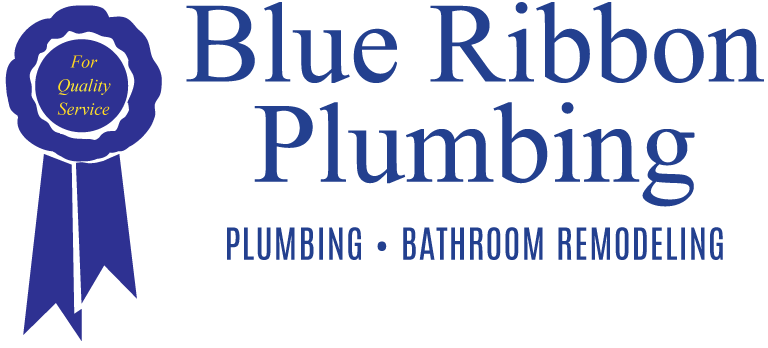


 When a drain in your home suddenly becomes clogged, it can be an incredibly inconvenient (not to mention messy) situation. We may not think much about what goes down our drains every day, but all of the debris and residue has built up over time — meaning that sometimes they need
When a drain in your home suddenly becomes clogged, it can be an incredibly inconvenient (not to mention messy) situation. We may not think much about what goes down our drains every day, but all of the debris and residue has built up over time — meaning that sometimes they need 
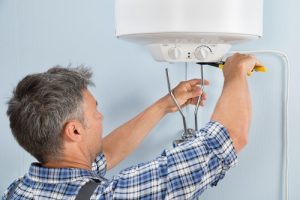 Brace yourself; you’ll never believe this game-changing invention. The
Brace yourself; you’ll never believe this game-changing invention. The 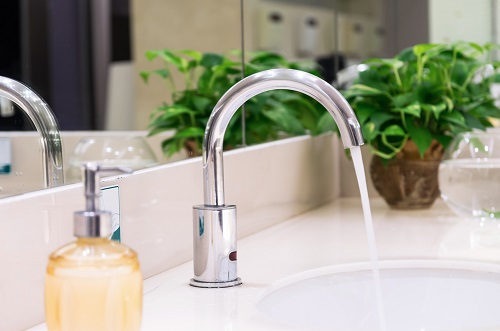
 Low water pressure can quickly become unwanted hassle and
Low water pressure can quickly become unwanted hassle and 
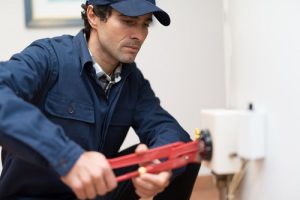 Your home’s
Your home’s 
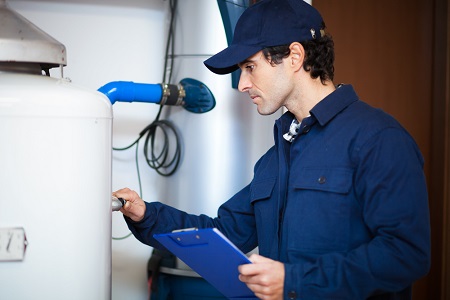


 Do you recognize the signs of a poor
Do you recognize the signs of a poor 
 You probably take the plumbing in your house for granted most of the time. Until something goes wrong, your pipes probably aren’t given much thought. Bad
You probably take the plumbing in your house for granted most of the time. Until something goes wrong, your pipes probably aren’t given much thought. Bad